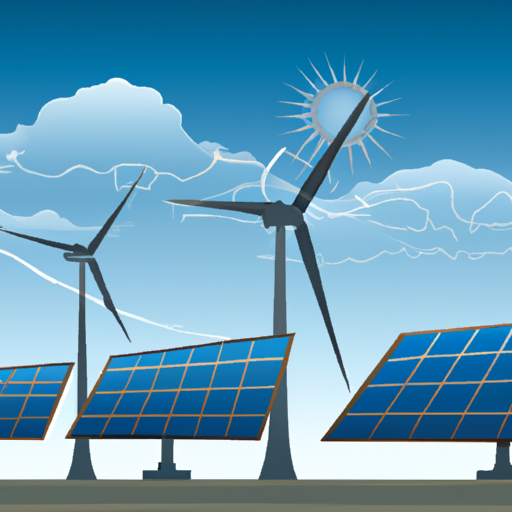According to the International Energy Agency’s (IEA) recent “World Energy Outlook 2023” report, the global energy system is set to undergo a significant transformation by 2030, influenced predominantly by the advancement of clean energy solutions. Findings in the report suggest a hopeful, sustainable future driven by solar power and Electric Vehicles (EVs). The report is available here.
Exponential Increase in Electric Vehicles
Statistics reveal an impressive possible tenfold increase in the number of EVs on the road worldwide by 2030 compared to 2023. IEA’s report demonstrates how rapidly this trend is growing, with every 1 in 5 vehicles sold in 2023 expected to be electric, compared to 1 out of 25 in the previous year. Grim frontiers of EV acceptance are being enthusiastically breached, and we should expect even more robust developments through the decade.
Projected Dominance of Solar Power in Energy Generation
The IEA predicts that by 2030, solar power alone would produce more electricity than the present total output of the US power system. The agency forecasts renewable energy’s share of the global power mix reaching close to 50% from today’s 30%. It further sees in the immediate horizon a shift towards three times more investments in new offshore wind projects than in new coal and gas-powered plants. Also noted, is the rising popularity of electric heating systems, envisaged to global outsell fossil fuel boilers.
Solar Leading Global Renewable Revolution
Forecasts indicate that solar power is heading the charge in renewable energy innovation, expected to account for more than half of the 80% increase in power generation capacity by 2030 according to current national policies. Solar manufacturing capacity predictions stand at an inspiring 1,200 GW per year with expected deployment of 800 GW of new solar capacity by decade’s end. This trend could reduce China’s coal-powered electricity generation by an additional 20% by 2030 compared to current policy.
Declining Share of Fossil Fuels in Global Energy Supply
For the first time in the IEA World Energy Outlook, a decrease in the share of fossil fuels in the global energy supply from the longstanding 80% to 73% by 2030 is predicted. This trend is accompanied by a prediction of peaking global energy-related CO2 emissions by 2025.
Noteworthy Growth in Renewables Adoption
Global energy think tank Ember noted an impressive 62% increase in the estimated growth of renewables in the IEA’s 2023 report compared to the previous year’s outlook. It also highlighted that the large-scale implementation of renewable energy would ultimately outpace the growth of fossil fuels across the entire economy, provided that countries stay faithful to their current energy policies and climate commitments.
Urgent Implementation of More Robust Measures Required
Despite this positive outlook, the IEA insists that stronger measures are required to limit global warming to 1.5C. The IEA acknowledges the challenges involved but stresses that such measures are not beyond the realms of possibility.
























